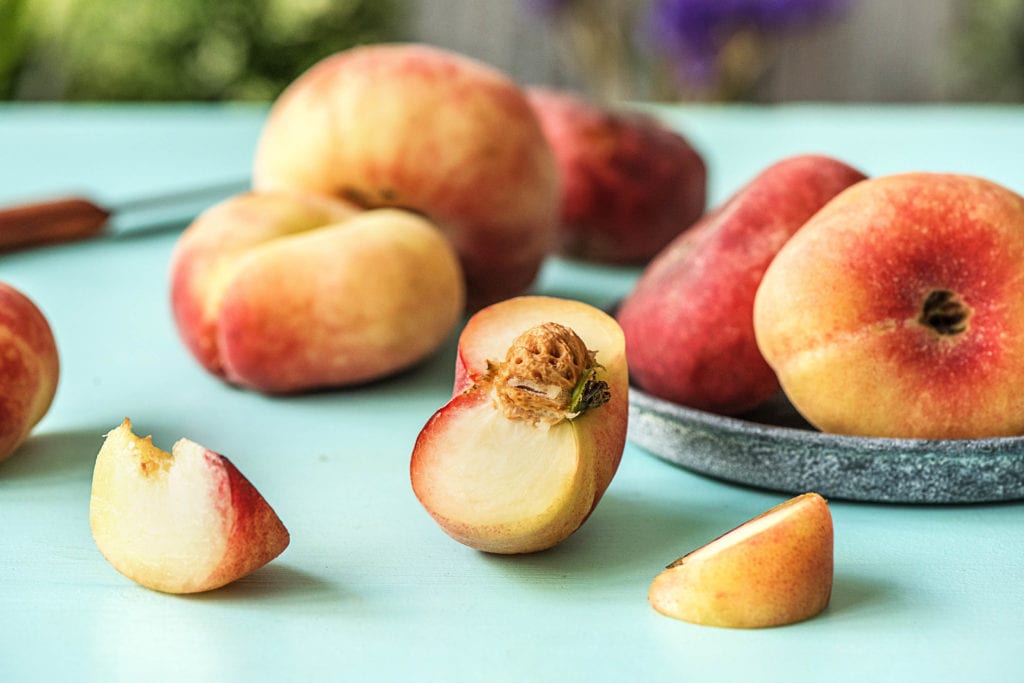



The future of stone fruit growers hangs in the balance due to the ongoing pandemic.
The stone fruit growers, located in Australia, are facing rigorous situations as they might have to pull out some of their trees to COVID 19. This because the ongoing pandemic is causing the air freight costs to increase exponentially, while it dangerously tosses and turns the future of the export markets.
Farmers that are growing the full range of stone fruits are living in fear of limited access to air freight. In combination with this, they are also wary of the surging costs that have the potential to place an excessive financial burden on the growers. Many growers have complained that the onset of the pandemic forced markets to close and limited the air services.
The latest USDA report is predicting a 17 per cent fall in the export of peaches and nectarines for the coming season. In this report, it has been pinpointed that the Government’s International Freight Assistance Mechanism program is attempting to support the exporters by securing air freight space. However, the projected freight costs for exporters are more than double the prices before COVID 19. Apart from the challenges posed by the air freight, the labour available for the upcoming harvest was also a dire problem.
Even though growers are working hard to alter their freight strategies by supplying more produce through high waters in the ongoing season, some of the produce, like white peaches, are perishable and not suited for the long high-water journeys.
These peaches are usually headed for the profitable Chinese markets and thus need to reach the destined country at a faster rate. In fact, these peaches are grown to travel by air freight.
Hari Yellina of Orchard Tech has suggested that even though the farmers are hoping to gain support from the government, they have to alternately figure out some measures that will aid them in the future. In fact, the president of Swan Hill Summer Fruit Development Association has been collaborating with workers in order to figure out a cost-effective solution. The option of charter flights have also been considered, but it is not applicable as the charges are costly. Nonetheless, Peter Wahlquist, owner of Pelamis Group, has been trying to chalk out options for fast shipping. Their ships are relatively quick and can transport many goods in a shorter period. Therefore, even though growers have to stand the test of time, they are trying their best to rise above the hurdles presented to them.